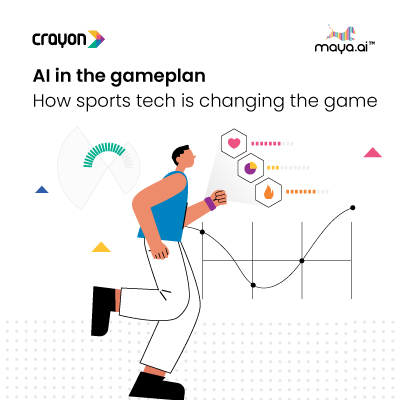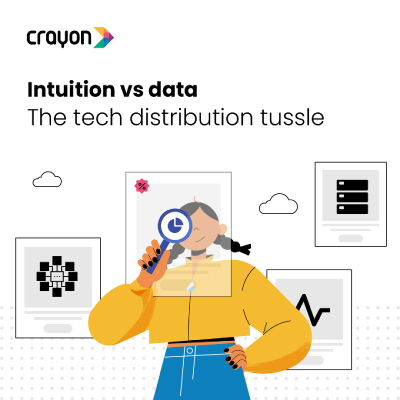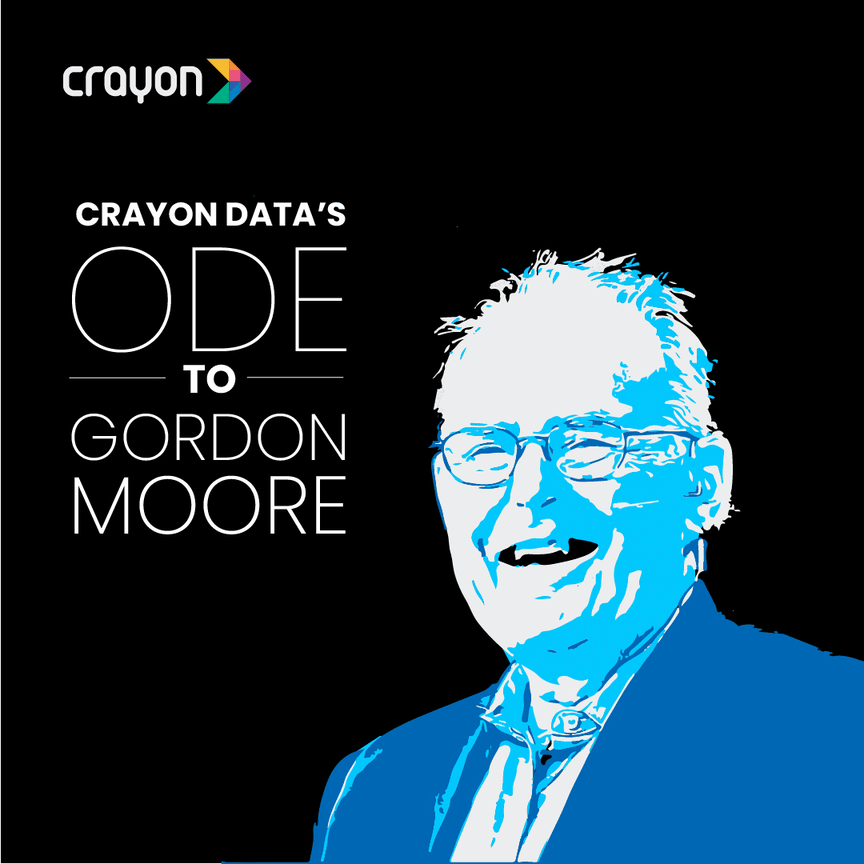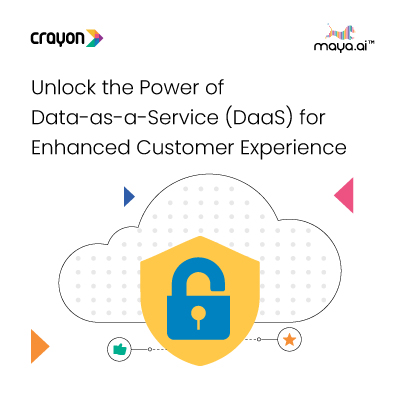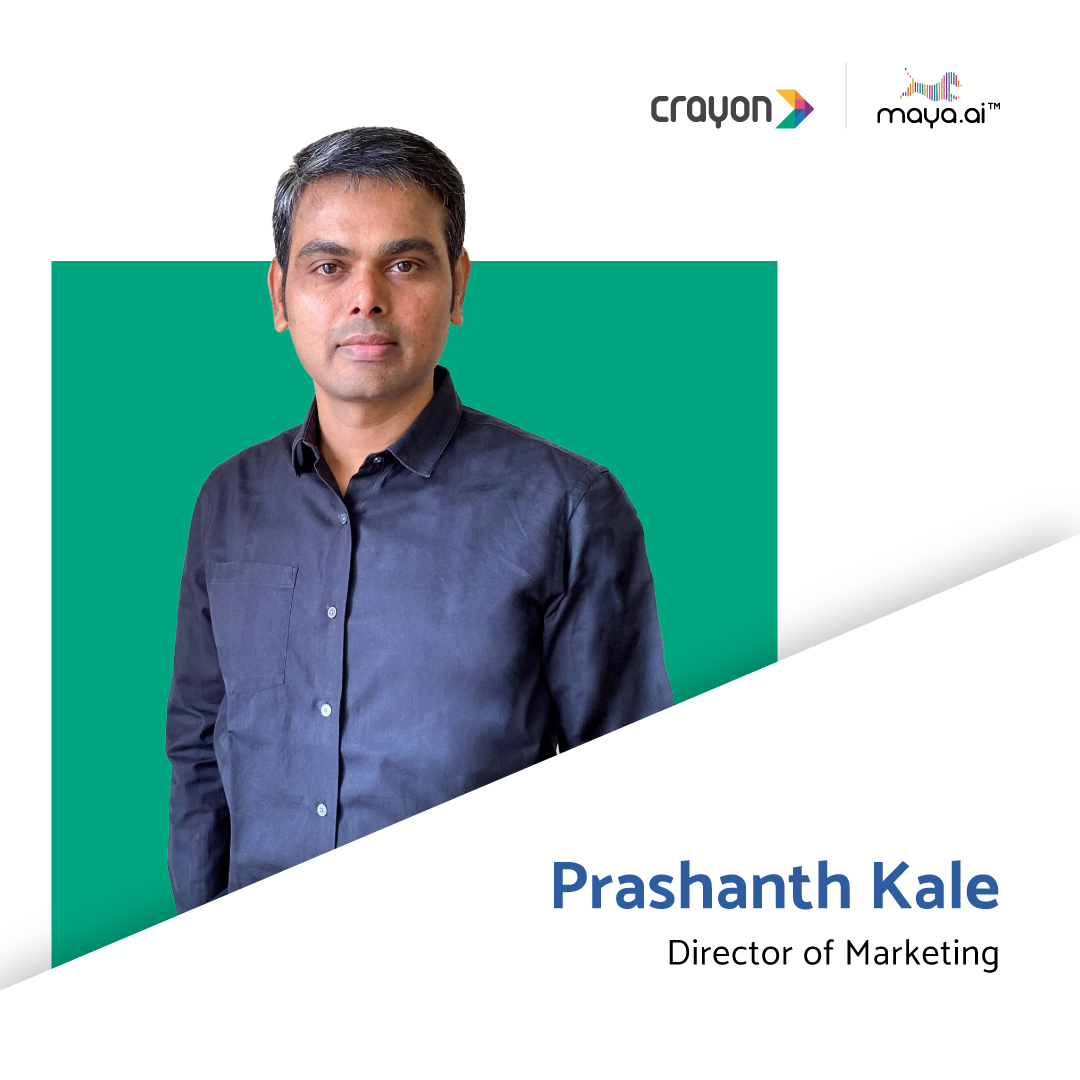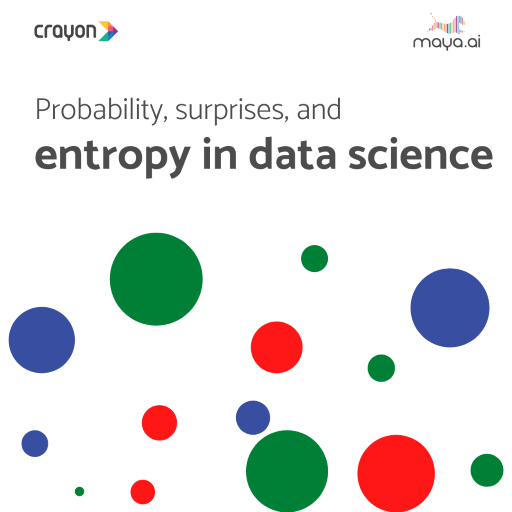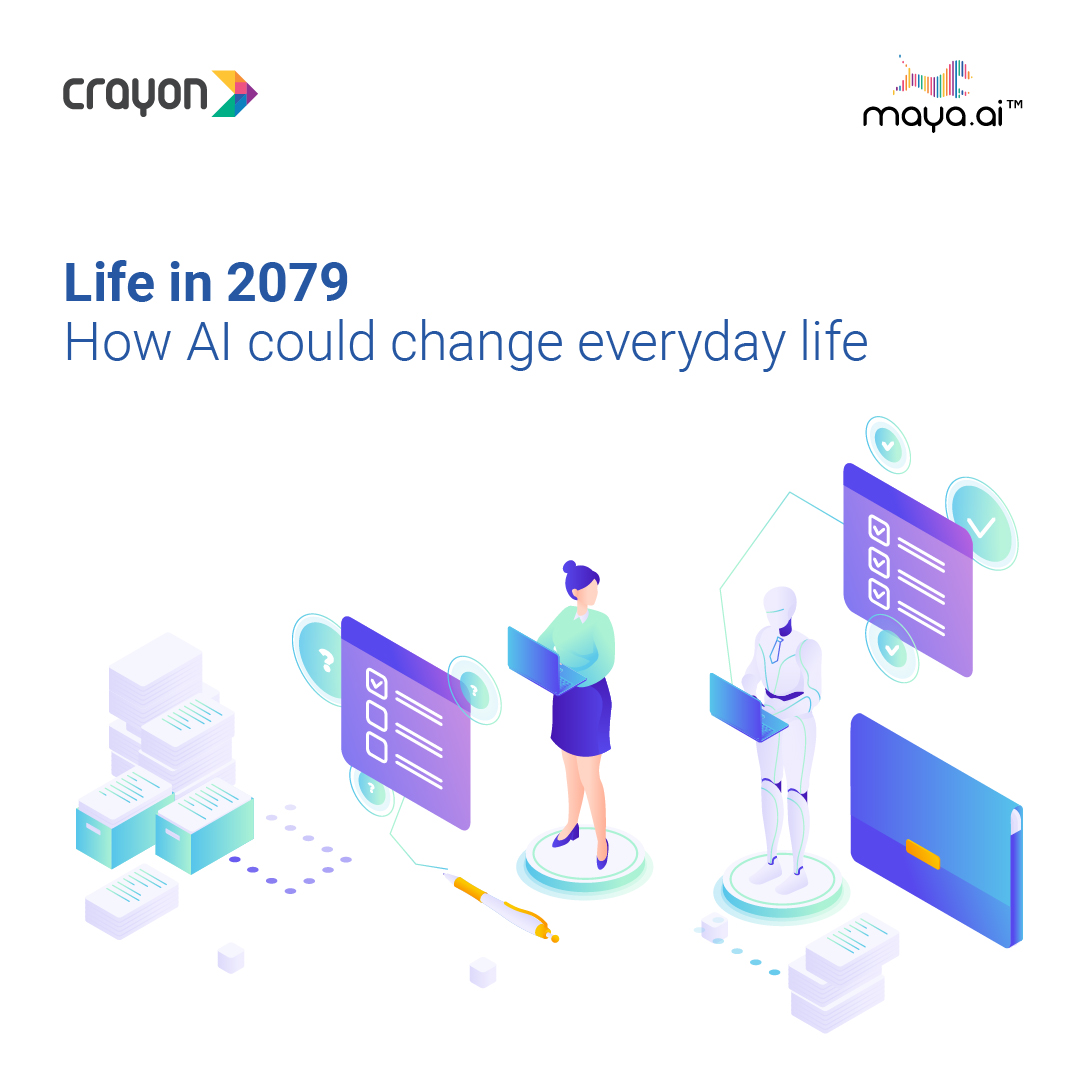Data is like raw material. You need to be able to put it onto the right production line so that the manufacturing can take place without any disruption. That’s where a product data manager like me comes in. I gauge the data requirements and how we can use it in solutions that are delivered to the end user.
As another major part of my role, I ensure that all teams are aligned towards one goal. The opportunity to work with multiple stakeholders is my favorite part of the job! It has given me insights across verticals and holistically shaped my time at Crayon.
Having been part of the Box for over 8 years now, I have plenty of brilliant memories to look back on.
One that stands out is when I was a delivery lead a few years ago. I was part of a remarkably interesting market segmentation project. We worked through the nights, side by side with some senior leaders. The result: we landed a happy client!
More recently, I worked on a data dashboard that is a key element to collaborate across functions. It collates data points available for merchants in hotels, restaurants, and other categories from each market. Each project is a learning experience, no matter how many years you have been in the field.
One of the Crayon Values that embodies my work is #ThinkDataCraftExperiences.
Our project with a leading travel provider is a fitting example to highlight how we live this value. The team at Crayon was divided into two labs.
- Lab 1 focused on market trends and intelligence.
- Lab 2 worked on delivering recommendations for a use case specified by the client.
The data needed for both these labs were vastly different. But the client wanted the best of both worlds. And so, we derived insights for the travel industry with Lab 1, while successfully delivering relevant recommendations.
At the same time, we’ve also learned when to give in. One was a project for tags extraction automation. We wanted to automatically generate additional information required from a particular category as a defined set of values called “tags”. This is one of the core differentiators for our recommendation algos. required from a particular category. We found success in the food and travel spaces, since there was a lot of descriptive data. But in another domain, we realized this success could not be replicated because data was sparse. Subsequently, we did not venture into that space.
These experiences have taken me far beyond where I envisioned myself at this point of my career.
I’ve enjoyed my time at Crayon right from my interview process. It was very conversational, and the culture of the company came through even in that initial stage. I wanted to be part of a company that allows us to challenge ourselves beyond our horizons and grow personally and professionally.
One of the best parts of working at Crayon Data is that even if you’re in a specific role, you’re given opportunities to explore diverse ways in which you can add value to the client – irrespective of your experience level.
To keep pace with my career growth, I’m careful to keep my skills updated. Crayon’s culture of constant development has helped me grow from a business analyst to a product data manager today.
So, what makes a great Product Data Manager?
1) Gather information on the type of technology that is best suited for a particular feature, enhancement, or in delivering a specific value. It will create a sturdy base for your project.
2) Study different databases and data processing technologies – each has their own benefits, and you should know what they are.
3) Learn how to use existing data science libraries in the tech/data science world. These can potentially solve some pieces of your solution/feature with a single click, in a complex part of a project/product.
As you progress in your career, remember to
1) Stick to timelines and deliver on your efforts. In other words, #GetShitDone!
2) Be detail oriented and ensure that your whole team is on the same page when it comes to the plan.
When starting out in product management, there are a few basics to keep in mind.
One of the key areas to focus on while delivering a product is figuring out how to bring out the best form of data. Simply put, we need to
- Understand the core of the user actions,
- Create the user journeys and profile them, and
- Make use of the profile to deliver effective end solutions.
An excellent product data manager will work on automating all the processes and make it work in the least amount of time.

